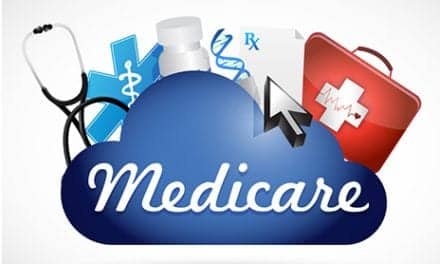by Gene Emery
Last Updated: 2007-10-18 15:00:24 -0400 (Reuters Health)
BOSTON (Reuters) – A steroid drug long given to treat the facial paralysis of Bell’s palsy improves the rate of recovery, but the antivirus drug acyclovir does not, researchers reported on Wednesday.
And in some cases, the researchers said, it may be OK not to treat the condition at all.
Bell’s palsy, which affects the nerve feeding the facial muscles, is relatively rare. In affects up to 1 in 2,500 people per year, stripping the smile of its symmetry and robbing the eye of its ability to close.
Although it usually disappears without treatment, as many as 30 percent of patients do not recover completely and the best treatment has been debated.
The new research, led by Frank Sullivan of the University of Dundee, followed 496 patients from 17 hospitals in Scotland who received 10 days of one of four regimens: treatment with both acyclovir and the anti-inflammatory steroid prednisolone, the combination of prednisolone and placebo, a combination of acyclovir and placebo, or two placebos.
All the volunteers began treatment within 72 hours after symptoms appeared, Sullivan’s team reported in the New England Journal of Medicine.
Three months after diagnosis, the recovery rate among those who received the steroid alone was 86 percent, compared to 65 percent for volunteers who got a double dose of placebo.
Acyclovir — a drug used to treat herpesviruses — actually seemed to hinder recovery, although not significantly. Sixty-three percent of patients who got acyclovir recovered completely.
At the nine-month mark, 96 percent of prednisolone-only patients had recovered, compared to 93 percent given both drugs, 85 percent who had only taken placebos and 78 percent who had just received acyclovir.
Sullivan said in a telephone interview that it was probably by chance that acyclovir recipients seemed to fare worse.
"Since most patients with this condition recover fully without any treatment, withholding treatment will remain an appropriate strategy for some patients," the researchers wrote.
"Some people may not want to take steroids because they have an erroneous assumption of side effects," Sullivan said. In this study, there were no serious side effects reported in any group.




